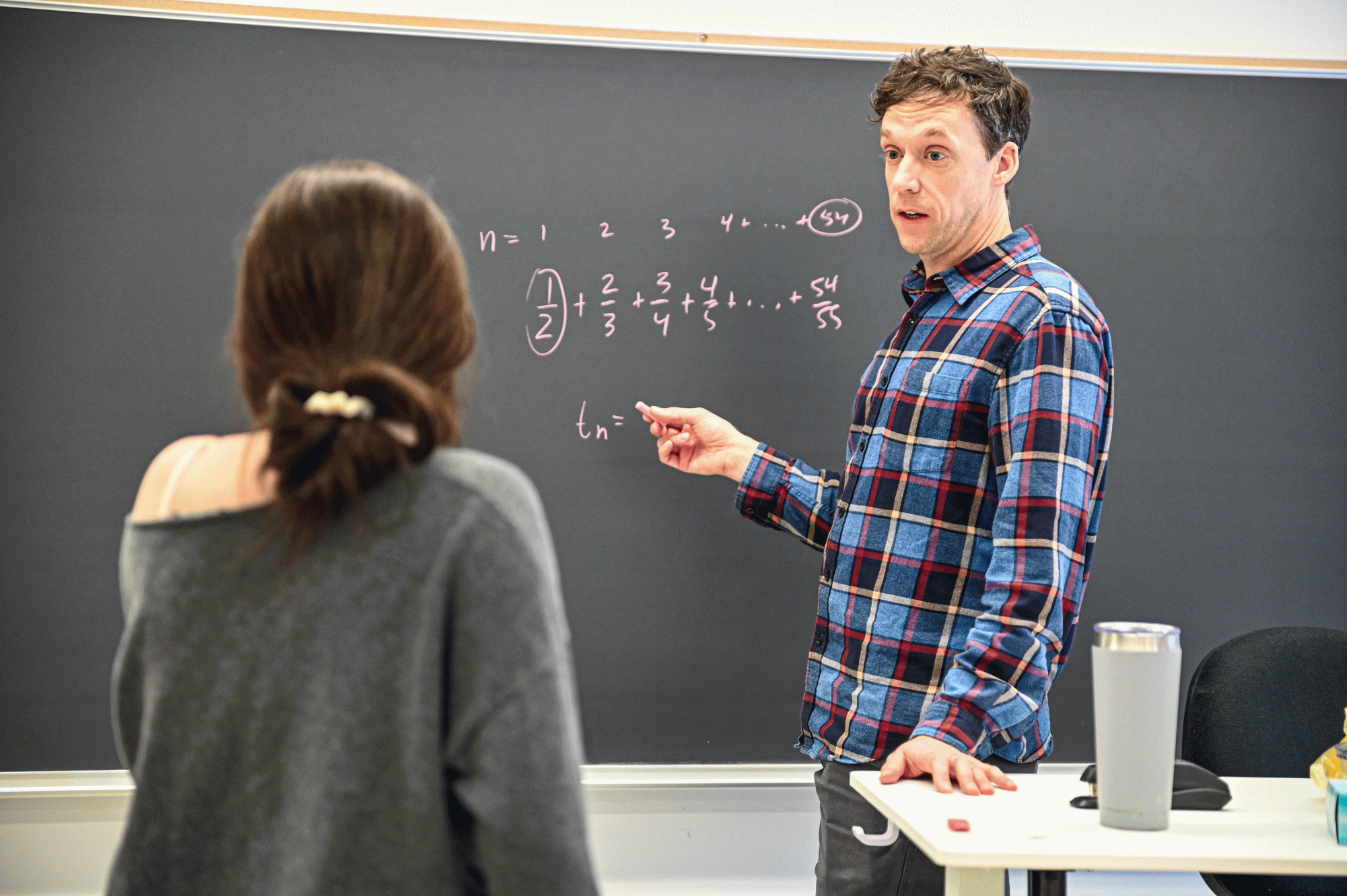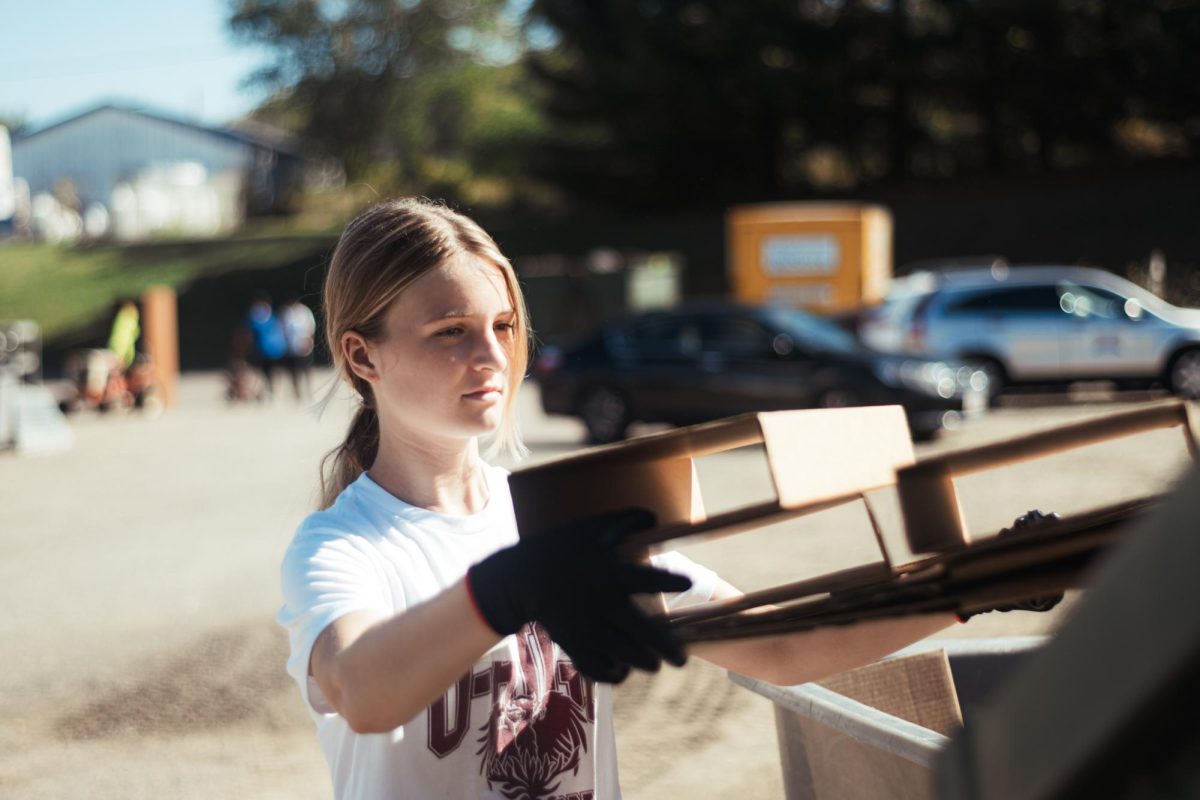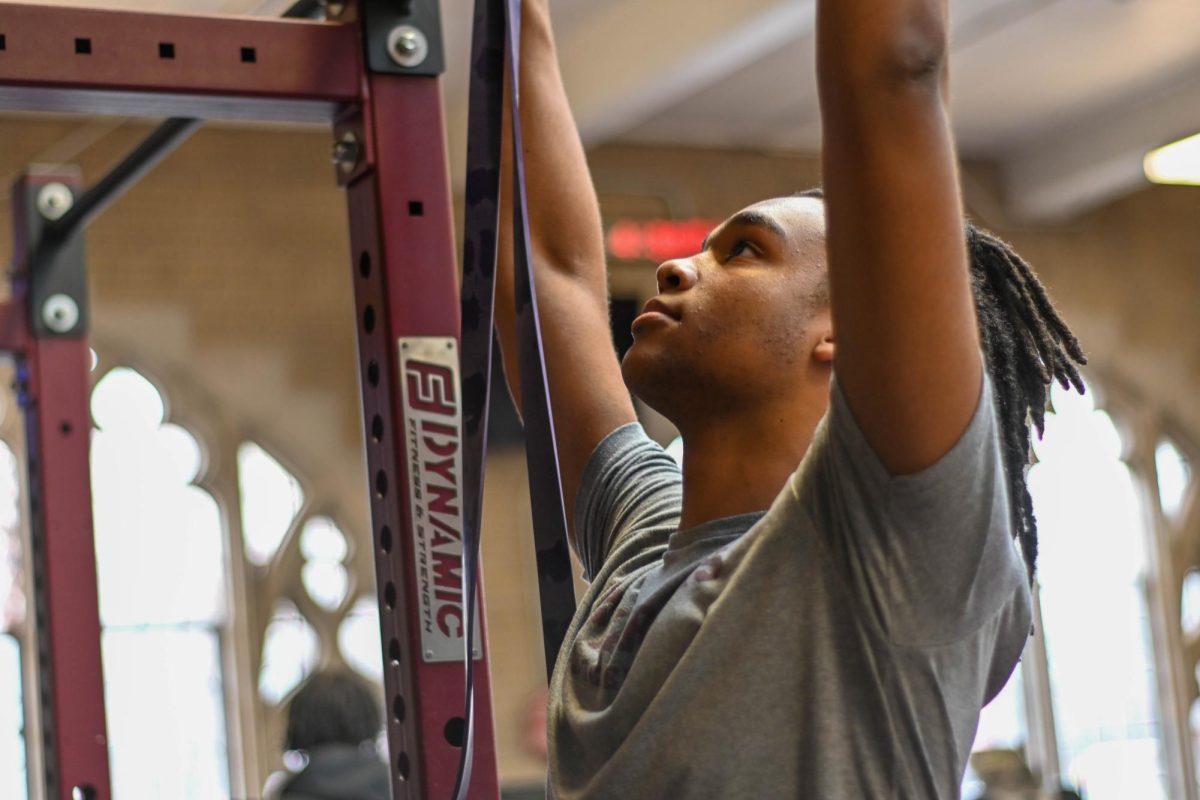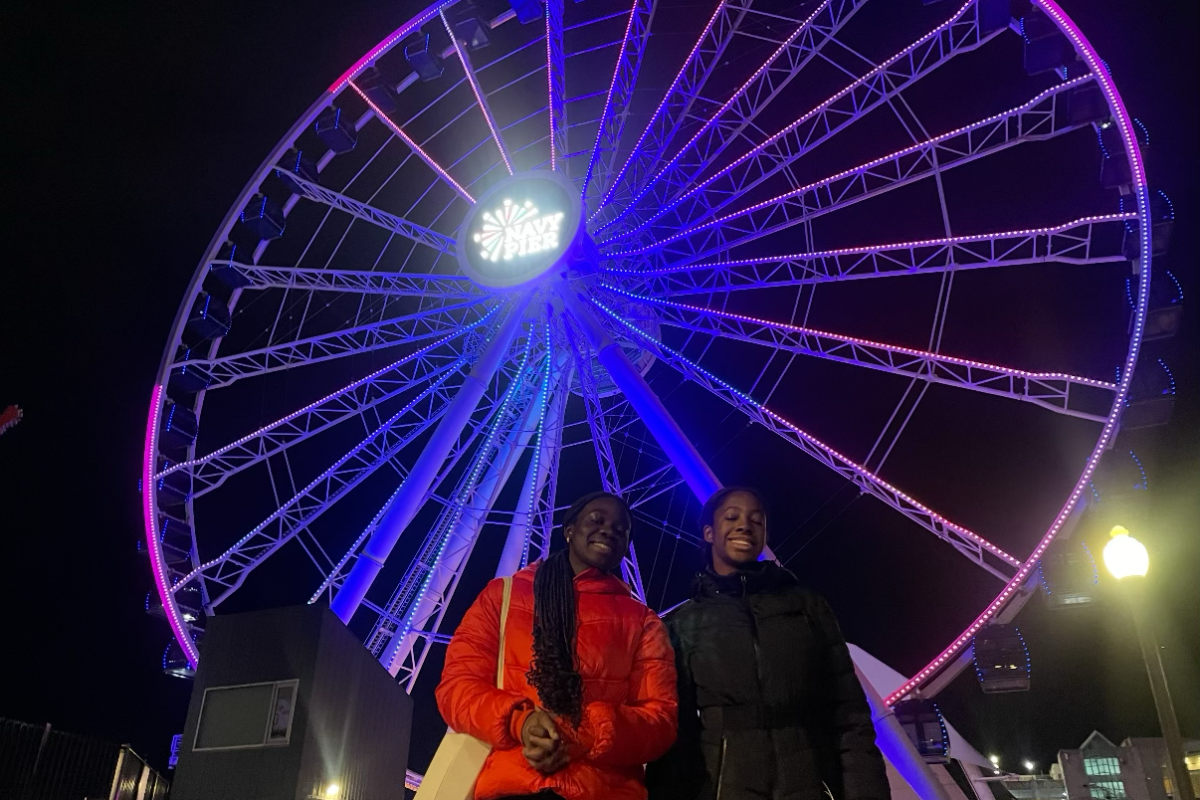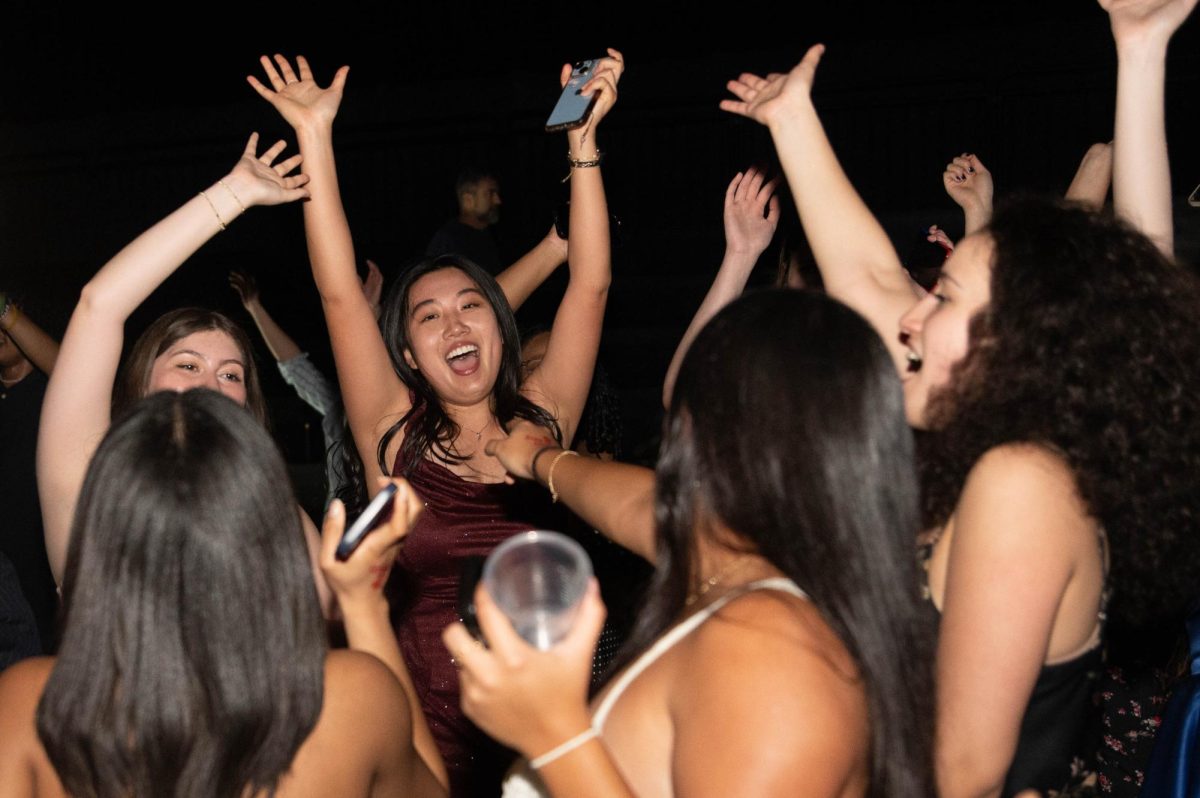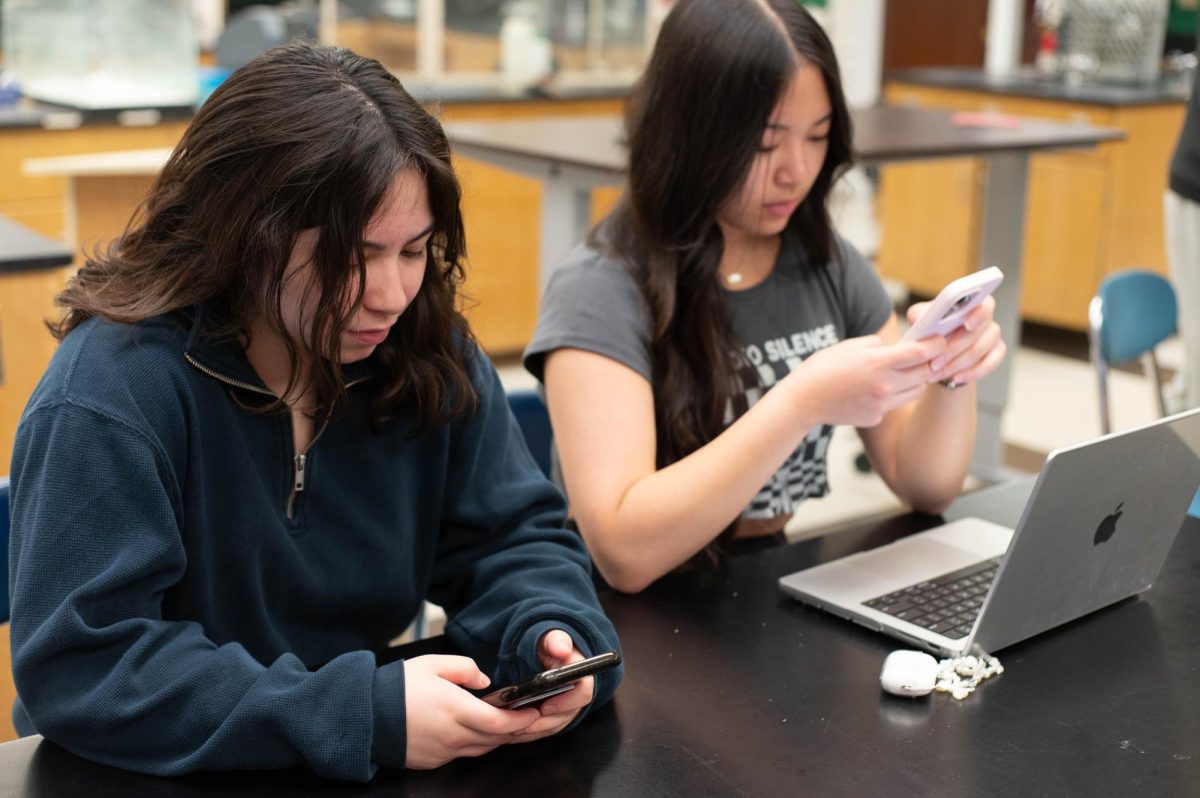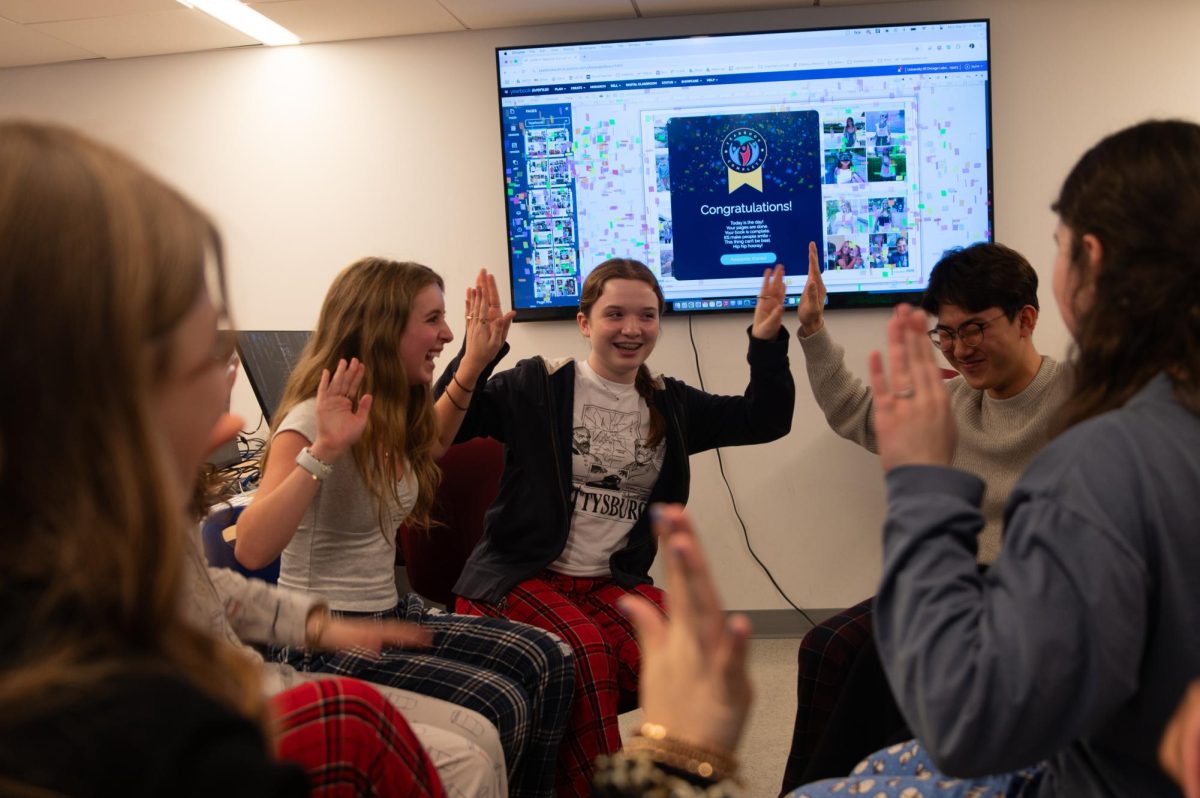Whether you’ve been at the Laboratory Schools since nursery or high school, you’ll most likely be familiar with the strong emphasis on independence. Even though students of all ages are receiving an advanced education, how they use their free time plays an important role in how they perform in school, and the pressure to decide that on one’s own can be overwhelming.
Throughout the year, students are tasked with managing their schedules and have to decide how to use their free time, whether working or socializing. Some use their free periods to attend their teachers’ office hours, while others prefer to wind down by playing video games and chatting with friends.
High School math teacher Joseph Scroll has been teaching at Lab for 17 years, and like the other faculty in the math department, encourages students to seek assistance outside of class.
Mr. Scroll: “What we try to do is that, you know, we’ve tried to make lots of resources available at school to help students, so that they don’t need any outside resources. The fact is a lot of those resources don’t get used as much as we would like.”
One of those resources include the recently added extra help program, where math teachers hold open office hours during lab periods, free periods or lunch. There, students receive math help from their teachers and peers alike.
[Chatter of students in a math help session]
Students are given free time during the lab periods on non-co-curricular weeks, and many have at least one free period during the school day. Yet, the extra math help program isn’t attended as much as the math department expected.
Mr. Scroll: “Oftentimes when I’m walking the hall, I do see lots of students that have free time that have trouble managing it. I also understand that a lot of times when students have free time, they need time to unwind and relax. They wanna, you know, enjoy the social parts of school.”
Junior Ilana LaCroix-Birdthistle, a Lab “lifer,” feels Lab’s expectations are reasonable, but says those expectations have been instilled in her since she was in preschool.
Ilana LaCroix-Birdthistle: “I definitely think when we’re in middle school or younger, it’s very hard to get yourself to wanna do that, and I think that’s kind of an area where teachers should be reaching out more to you.”
Even now, stress about her future, combined with the large workload from her classes, can make it hard to motivate herself to reach out to teachers on her own. While the work she does in school is preparing her well for college and beyond, the pressure to stay on top of everything has been present all her life.
Ilana LaCroix-Birdthistle: “The conversation surrounding college has been something that I probably wouldn’t experience at a different school just, like, from such a young age. I think the working for college has only really started maybe last year or this year, but I think before that, there’s always this kind of, like, stress surrounding college that I was aware of from a pretty young age.”
Unlike Ilana, Junior Zlata Galenko moved to the United States from Russia as a ninth grader and started as a sophomore at Lab in 2023. Compared to her old schools, she feels Lab has a strong support system, but that the workload and academic expectations are too high. She wishes there was more time to explore each topic in-depth, which could eliminate the need for students to seek extra help outside of class entirely.
Zlata Galenko: “It sets a standard that is not met, and cannot be met, because of how the material and the lessons is shown. Like, for example, we have a lot of stuff in our programs — in our math program, in the chemistry program, science programs — that physically cannot be, like, grasped in one year. You can go over it, but it won’t be deep learning. You won’t, like, remember a lot of stuff.”
“Reporting for the U-High Midway, this is Skye Freeman.”



